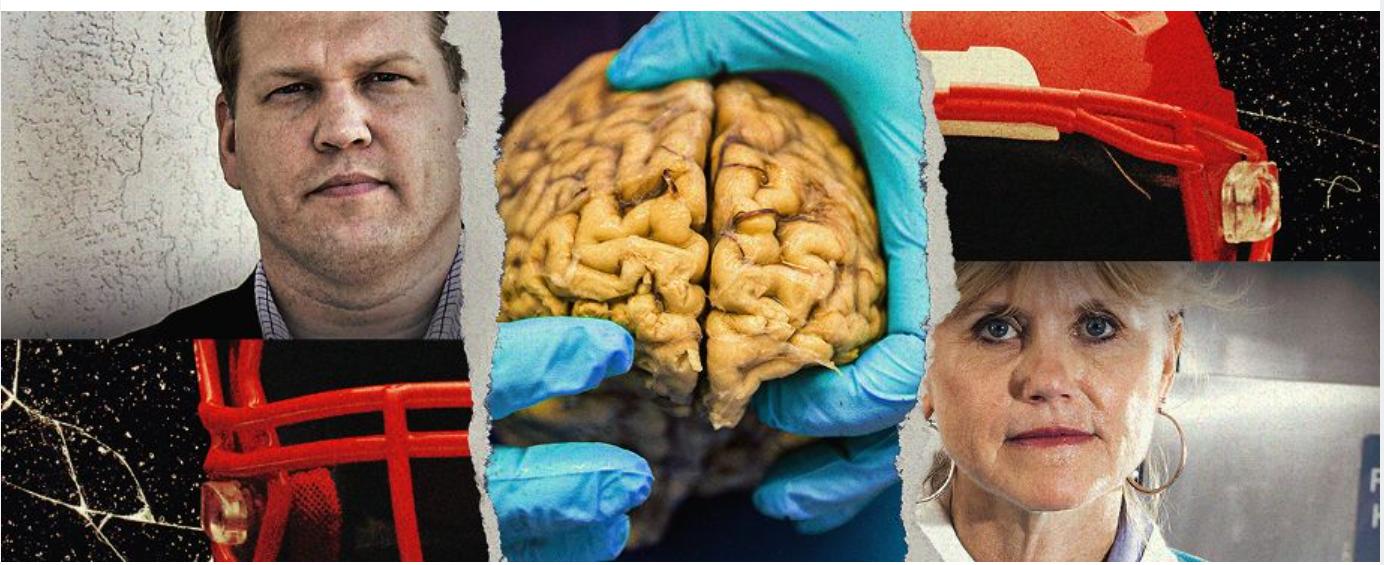“'Five hundred and ten thousand,' said Baker, a former Republican governor of Massachusetts who has served as president of the NCAA, which governs intercollegiate athletics at more than 1,000 colleges and universities across the country, since 2023.
"'How many transgender athletes are you aware of?' Durbin asked.
'Less than 10," Baker said."
- - - - - - - - -
"Baker said it is 'debatable' whether transgender women will 'always' have a physical advantage over cisgender, or non-transgender, women.
"A recent cross-sectional study published in the British Journal of Sports Medicine found that transgender women who completed more than one year of hormone replacement therapy performed worse than cisgender women in tests measuring lower-body strength and lung functioning.
"Trans women’s bone density, which is linked to muscle strength, was found to be equivalent to that of cisgender women, and there were no meaningful differences in levels of hemoglobin, which facilitates oxygen delivery to muscles and is related to greater aerobic performance.
"An earlier study, also published in the British Journal of Sports Medicine, found that transgender women who went through male puberty retained an athletic edge after one year of hormone therapy. The study’s lead author has cautioned against using the results to categorically ban transgender athletes from competitive sports."












